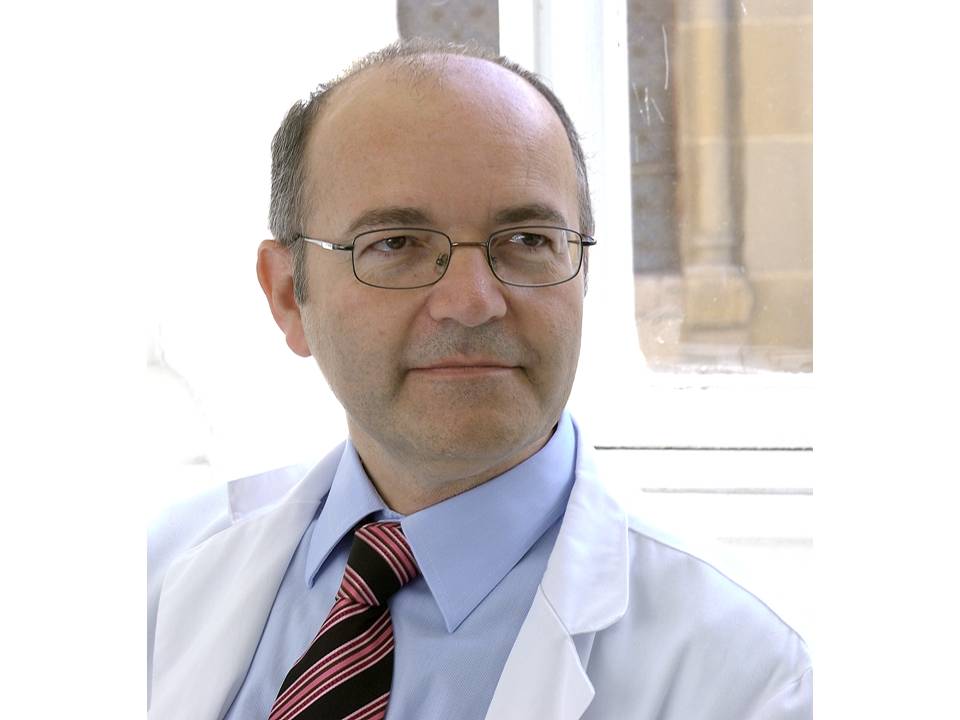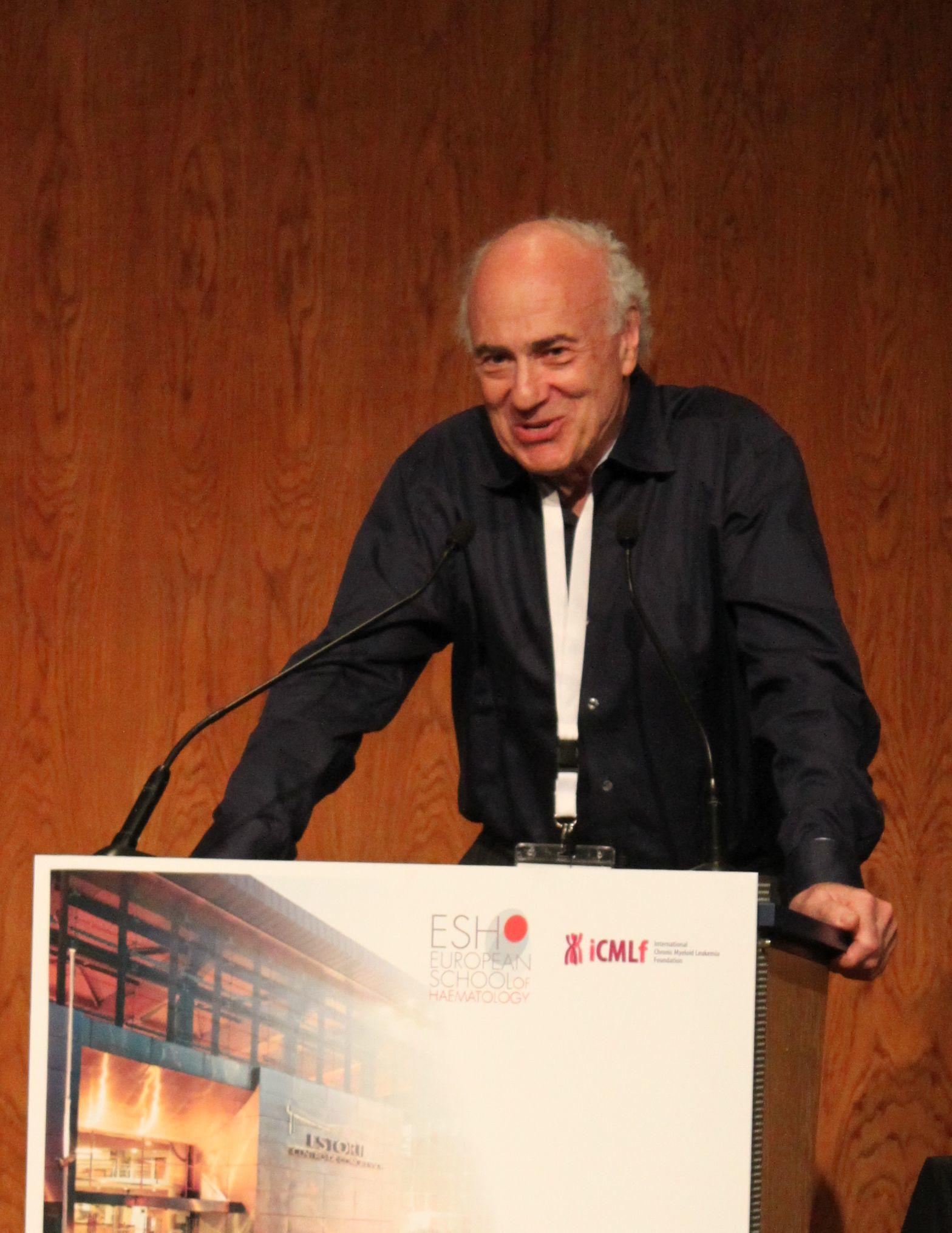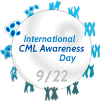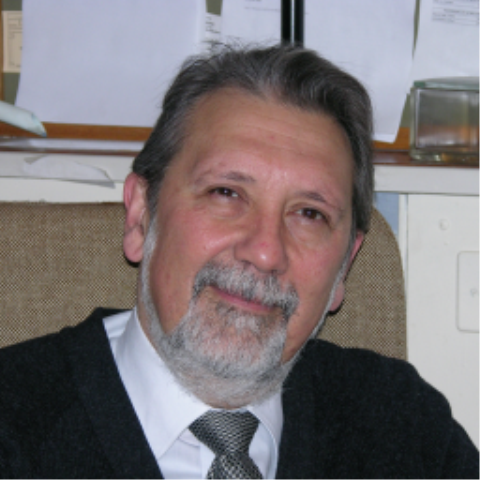About ICMLF
Profile_Francisco Cervantes
Francisco Cervantes, MD, PhD
Hematology Department
Hospital Clínic
University of Barcelona
Barcelona, Spain
Dr Francisco Cervantes is senior consultant at the Hematology Department of the Hospital Clínic of Barcelona and professor at the University of Barcelona. His scientific interest has been focused on the study of chronic myeloid leukemia (CML) and the Ph-negative chronic myeloproliferative neoplasms (MPNs), mainly their natural history, prognosis, biology, and treatment. As a result of the activity in this field, he has published over 300 articles in peer-review journals. He was coauthor of the publications of the IRIS study that allowed the approval of imatinib as frontline treatment of CML, participated in the introduction of the second-generation tyrosine kinase inhibitors, and is a member of the expert panels of the European LeukemiaNet for CML and MPN treatment. In the MPN field, he was the leading author of the prognostic classification of primary myelofibrosis or IPSS. Dr Cervantes is a member of the American Society of Hematology, the European Hematology Association, the International Working Group for MPN Research and Treatment, the European LeukemiaNet, and the PETHEMA Spanish Collaborative Group.
ASH 2011: Summaries of the CML Education Session and Key Presentations
ASH 2011: Summaries of the CML Education Session and Key CML Presentations
 Like every year in December, about 21.000 hematologists and health professionals (as well as a small group of patient advocates) convened at the Annual Meeting of the American Society of Hematology (ASH) to hear latest news from clinical trials. The CML Advocates Network has attended the CML sessions and summarized the key presentations and posters on Nilotinib, Dasatinib, Bosutinib, Ponatinib, DCC-2036, Imatinib-Interferon combination, STOP studies, as well as some studies on CML and diabetes or fatigue, complemented by a patients' perspective. Read the summary of the CML Education Session and the summary of key highlights in the scientific sessions on CML.
Like every year in December, about 21.000 hematologists and health professionals (as well as a small group of patient advocates) convened at the Annual Meeting of the American Society of Hematology (ASH) to hear latest news from clinical trials. The CML Advocates Network has attended the CML sessions and summarized the key presentations and posters on Nilotinib, Dasatinib, Bosutinib, Ponatinib, DCC-2036, Imatinib-Interferon combination, STOP studies, as well as some studies on CML and diabetes or fatigue, complemented by a patients' perspective. Read the summary of the CML Education Session and the summary of key highlights in the scientific sessions on CML.
Tribute to Professor John Goldman
See the John Goldman remembrance page here
Tribute to Professor John Goldman

A passion for discovery – four decades as a leading scientist in CML research
John will certainly be remembered as a leading figure in CML research and as an outstanding scientist with a worldwide recognition. During his over 40 years long career he made major contributions to the understanding of the biology and the treatment of CML, that was still a fatal disease at the start of his career. He made seminal contributions to a variety of breakthroughs in CML research particularly in the field of stem cell transplantation, in the clinical development of epoch-making new therapies and in the advancements of diagnostics.
Nicolas Novitzky
Professor Nicolas Novitzky, FCP(SA), PhD
Department of Haematology
University of Cape Town, South Africa
ACADEMIC AND PROFESSIONAL QUALIFICATIONS:
- Diploma in Medicine, La Plata University, Buenos Aires, Argentina (December 1974).
- Residency in Internal Medicine (3 year course). Teodoro Alvarez Teaching Hospital belonging to the University of Buenos Aires (May 1975 – April 1978).
- Postgraduate Fellowship in Clinical Haematology, Haematology Section, Hospital Clinico, Catholic University, Santiago, Chile (August 1978 – November 1978).
- Postgraduate Fellowship in Clinical and Laboratory Haematology, Groote Schuur Hospital/University of Cape Town, South Africa (January 1979 – January 1982).
- Registrar in Internal Medicine, Groote Schuur Hospital/University of Cape Town, South Africa (February 1982 – July 1983).
- Fellow of the College of Physicians of South Africa FCP(SA) (College of Medicine) – May 1984.
- Educational Commission for Foreign Medical Graduates Certificate (ECFMG). Visa Qualifying Examination (VQE), United States of America – January 1989.
- Certification (Sub-specialty) in Clinical Haematology (College of Medicine) – 1998.
- Specialist in Internal Medicine (Master in Medicine – MMed) - May 1993.
- Philosophy Doctor in Medicine (PhD), University of Cape Town, South Africa - June 1994.
RESEARCH OUTPUTS:
Professor Novitzky has contributed to chapters in books and 89 research publications in local and international peer-reviewed and educational journals. He has been a Principle Investigator for over 25 clinical trials relating to Chronic Myelogenous Leukaemia (CML), Multiple Myeloma (MM), Myelodysplastic Syndrome (MDS), Non-Hodgkin’s Lymphoma, etc.
His main areas of interest include haematopoietic stem cell transplantation, immune reconstitution following immune depleting therapies, stem cell biology and clonal malignant disorders.
Patient groups and health professionals celebrate International CML Awareness Day, calling for joint action to improve patients access to diagnosis, treatment and care
Patient groups and health professionals celebrate International CML Awareness Day, calling for joint action to improve patients access to diagnosis, treatment and care
 22 September 2011 is a very special date for patients affected by Chronic Myeloid Leukemia (CML), a rare blood cancer that has played a key role in the path towards personalized medicine in cancer. For the first time, patient advocacy groups from all continents will celebrate "International CML Awareness Day" on that date. Patient organisations of the CML Advocates Network from 49 countries, supported by The Max Foundation, Alianza Latina and the International CML Foundation, call on caregivers, healthcare professionals, government and industry to work together to improve on timely access to diagnosis, treatment and care.
22 September 2011 is a very special date for patients affected by Chronic Myeloid Leukemia (CML), a rare blood cancer that has played a key role in the path towards personalized medicine in cancer. For the first time, patient advocacy groups from all continents will celebrate "International CML Awareness Day" on that date. Patient organisations of the CML Advocates Network from 49 countries, supported by The Max Foundation, Alianza Latina and the International CML Foundation, call on caregivers, healthcare professionals, government and industry to work together to improve on timely access to diagnosis, treatment and care.












